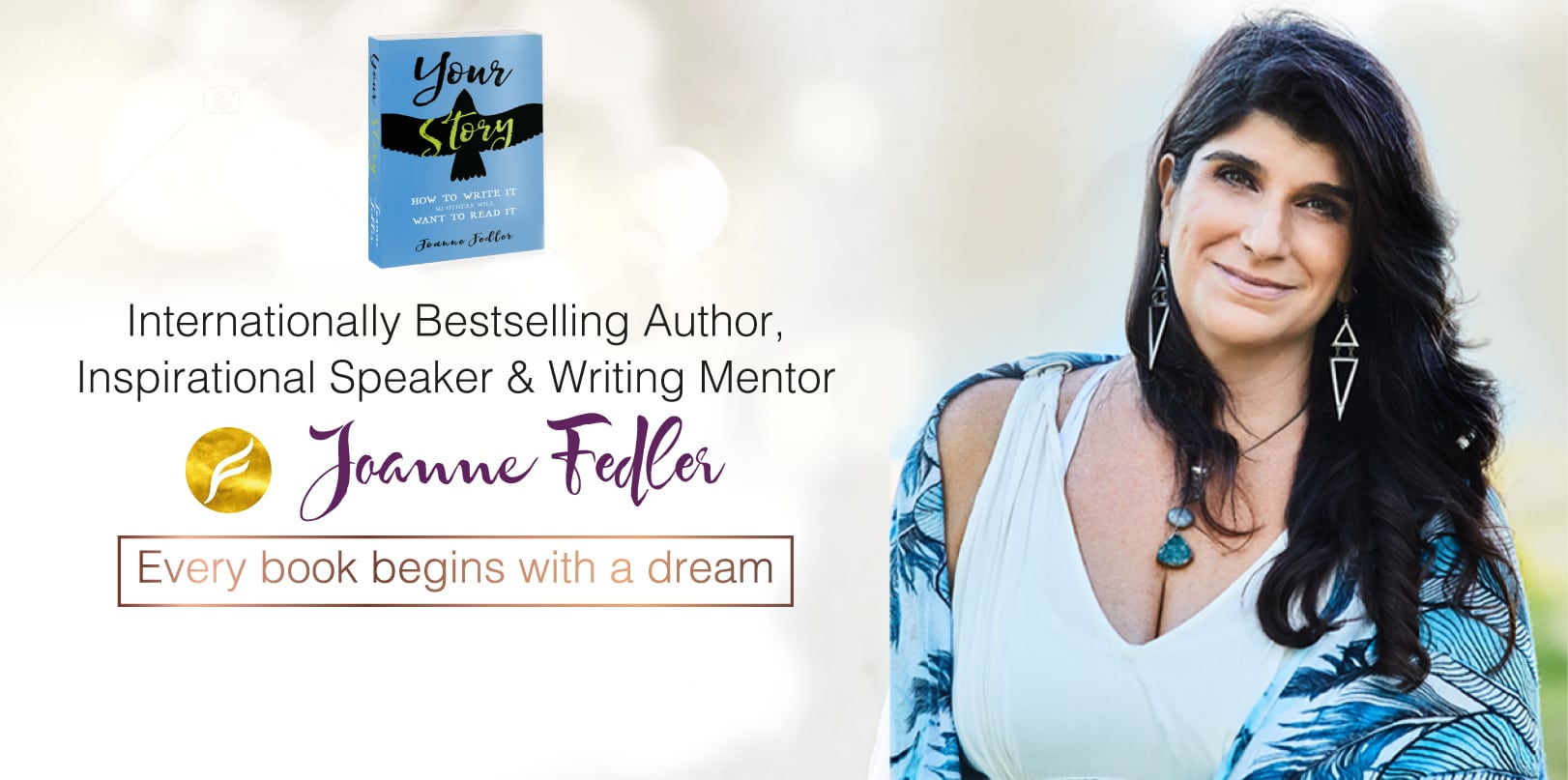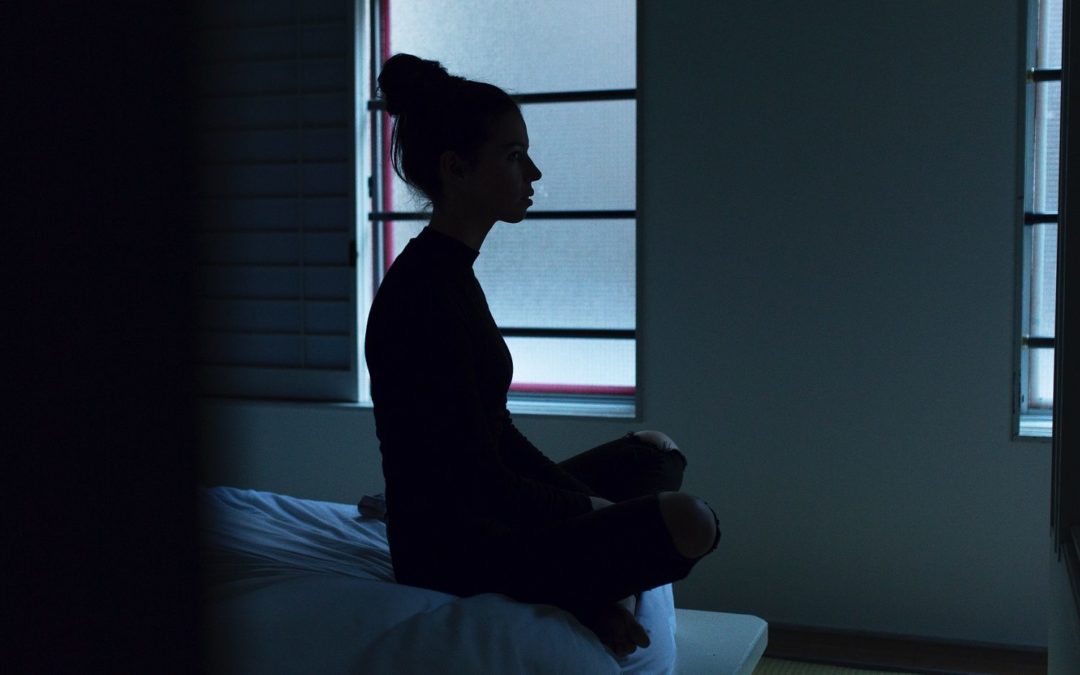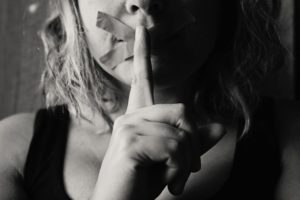
Writing about Ourselves So That Others Will Read It
Writing about Ourselves So That Others Will Read It
When we write about ourselves, it’s not dissimilar to writing about a fictional or imaginary character. In Hemingway’s iceberg, we see that what we need to know about a character is vast compared to what we show. This depth of knowledge helps us to create richly conceived characters who are believable and authentic. When we write about ourselves, this sense of the vastness of what lies underneath our writing must be felt even more evidently – in other words, when people read what we’ve written, they want the security of knowing that they are in the hands of someone who knows themselves – that we are a reliable storyteller of our own stories.
When we write about ourselves, we need to be vigilant about not lapsing into absolutes or clichés: ‘I am a loving mother… I am a selfish bitch… I am the worst daughter…’ but to know that there are many versions of who we are. In Leonard Cohen’s song ‘Going Home’ he talks about his different selves, ‘I love to speak with Leonard, he’s a sportsman and a shepherd / He’s a lazy bastard / Living in a suit… going home… without the costume that I wore…’
The Japanese painter Hokusai painted Mount Fuji from 100 different views. He believed that you could not claim to know or understand something unless you had looked at it from a hundred different views. So often when it comes to ourselves, we stay fixed in one point of view, instead of bringing a sense of not knowing, of Beginner’s Mind. We assume we are an expert in ourselves.

Joanne Fedler
Author, writing mentor, retreat leader. I’m an internationally bestselling author of nine books, inspirational speaker and writing mentor. I’ve had books published in just about every genre- fiction, non-fiction, self-help, memoir – by some of the top publishing houses in the world. My books have sold over 650 000 copies and have been translated in a range of languages. Two of my books have been #1 Amazon bestsellers, and at one point the German edition of Secret Mothers’ Business outsold Harry Potter- crazy, right?
The poet David Whyte says self-knowledge is not possible–it is an ever-changing frontier. So the ‘self’ as an idea is ultimately a fiction. The self is always evolving, always in flux. The only thing we can do is come to writing about the self with a sense of utter wonder and curiosity.
And I think that it’s only when we come to writing about the self as a fixed ‘thing,’ opinionated, connected only to itself, and not as something infinitely complex, ever-changing, part of a larger collective whole, that it can become ‘narcissistic.’ If we write about our selves in this one dimensional sense, we flatten our possibilities. We pretend not to know that there are ‘many selves,’ including our shadow selves – the selves we hide from others, the selves we hide from ourselves and the unknown parts of ourselves. There are silent parts of ourselves that we ignore, lock away, bury deep within us. When we write, we must at least hint at the depths, even if they are inaccessible to us in the moment we are writing.
As mature writers, we know that we are always writing from a version of ourselves. None of us is a fixed thing-‘Joanne Fedler bestselling author, mother, wife, etc.’ Whatever words we might use in a Twitter or LinkedIn profile, or a dating website is a form of self promotion. It’s advertising. We know both that the self is unfixed and that it is connected to a greater whole – we know this scientifically from quantum physics, Jung’s universal unconscious, our own experiences of ‘connectedness.’
When we write from a place of genuine self-curiosity and expansion, when we recognize that our individual experience is an expression of a broader experience, we speak into a universal voice. And as writers, that’s what we want.
Click the Photo Below to Learn More about My Book








